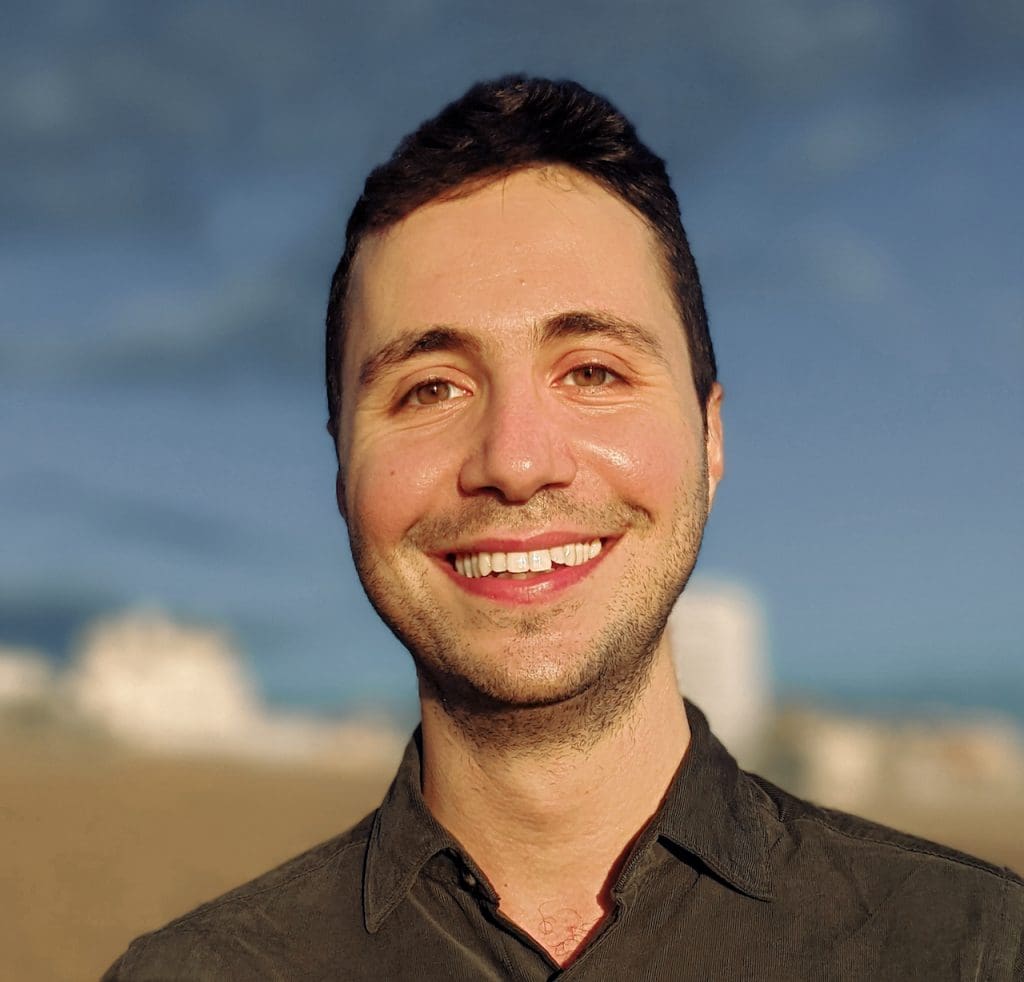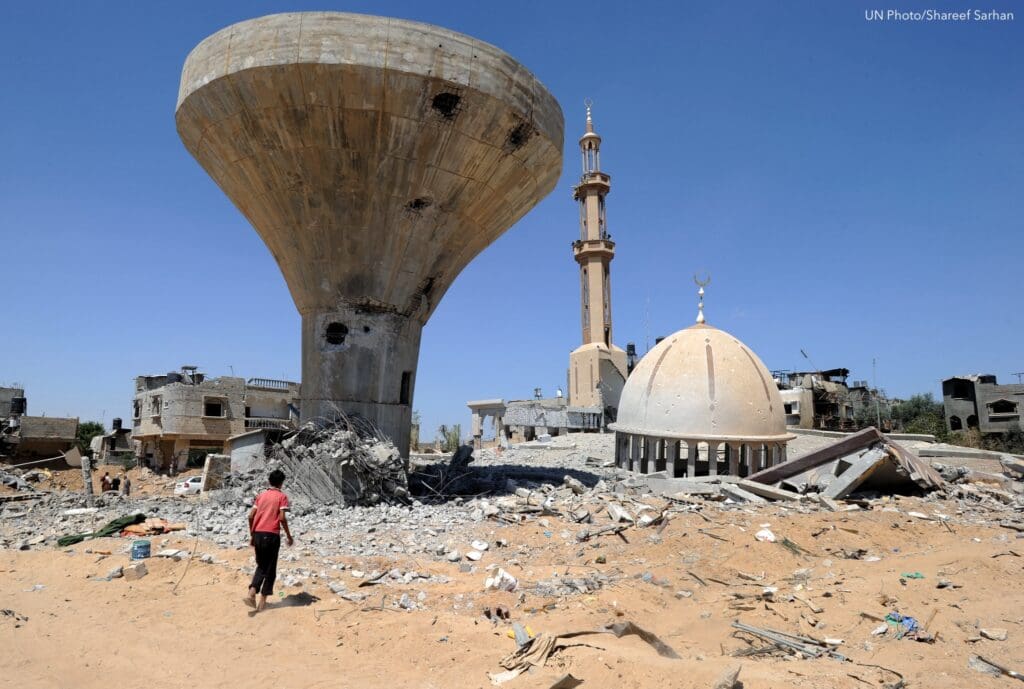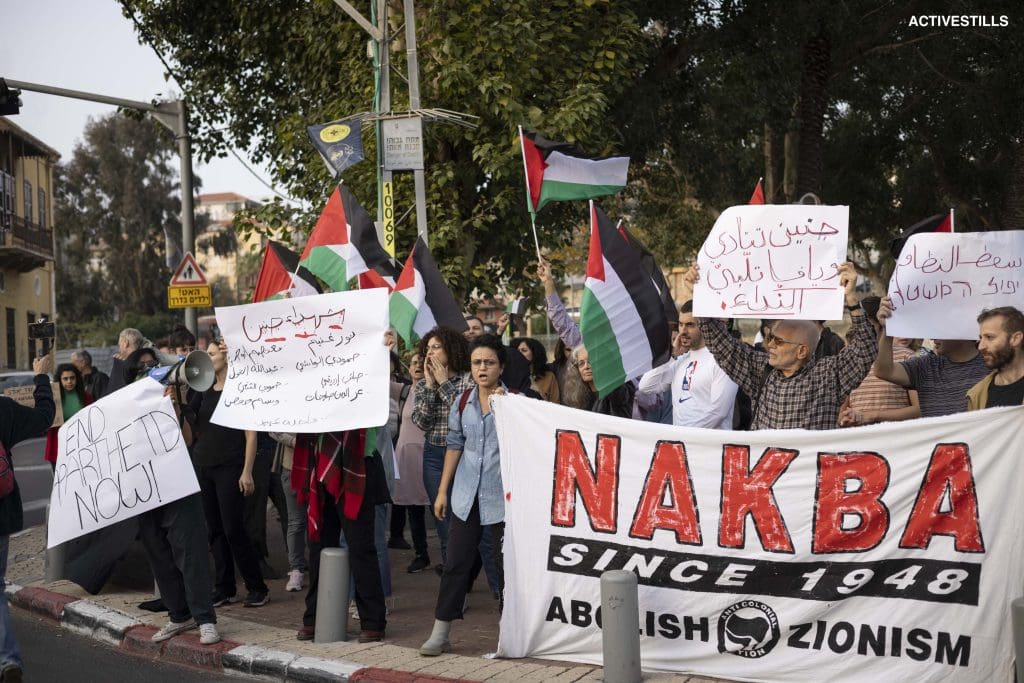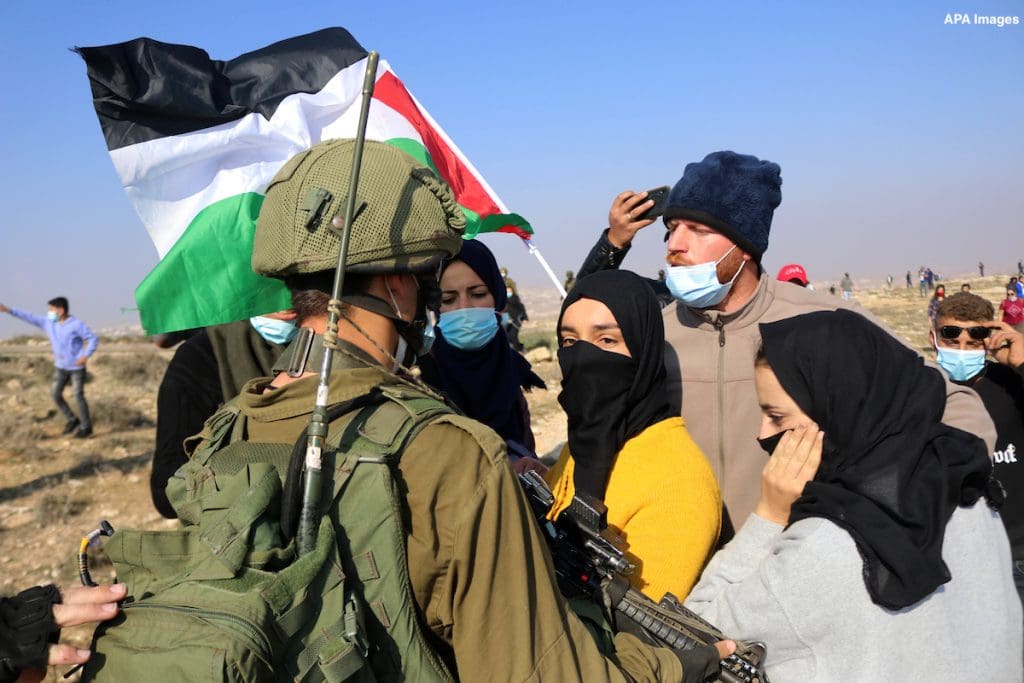Layth Hanbali is a freelance consultant focusing on health policy. He has also worked as a researcher, public health practitioner, and doctor, volunteered as a civil society organiser, and taught on several Global Health programmes. He earned a Master’s degree in Health Policy, Planning and Financing from the London School of Economics and Political Science and the London School of Hygiene and Tropical Medicine, and a medical degree and a bachelor’s degree in Global Health from University College London.
From this author
In this policy lab, Yara Asi and Layth Hanbali join host Tariq Kenney-Shawa to discuss Israel’s systematic assault on civilian infrastructure across Gaza and efforts to survive and rebuild against all odds.


In this Focus On, Al-Shabaka’s policy analysts imagine Palestinian political futures within the context of historical and ongoing realities. Among other topics, they revisit the history of popular committees and consensus-building efforts during the First Intifada to show how local Palestinian governance might be strengthened, and how we might rethink the meaning of self-determination from the grassroots. They consider how various aspects of Palestinian society, including health, education, and policing, could be transformed to help sustain a new political vision for liberation, and revive popular engagement in colonized Palestine and beyond. And they examine the different means through which Palestinians can utilize international legal avenues to strategize an effective anti-apartheid movement.
Palestinians are experiencing unprecedented global solidarity since the 2021 Unity Intifada, yet their struggle for liberation remains trapped by the post-Oslo framework. Al-Shabaka’s policy analyst, Layth Hanbali, explores the rich history of the popular committees of the 1970s and 1980s to offer recommendations for how Palestinians can reorient their communities and institutions to facilitate the emergence of grassroots, liberationist mobilization.

Layth Hanbali· Feb 16, 2022

















